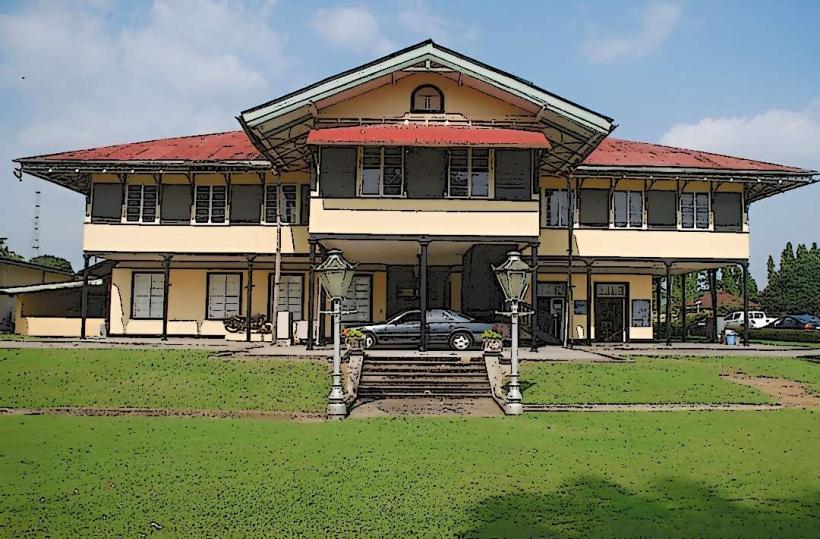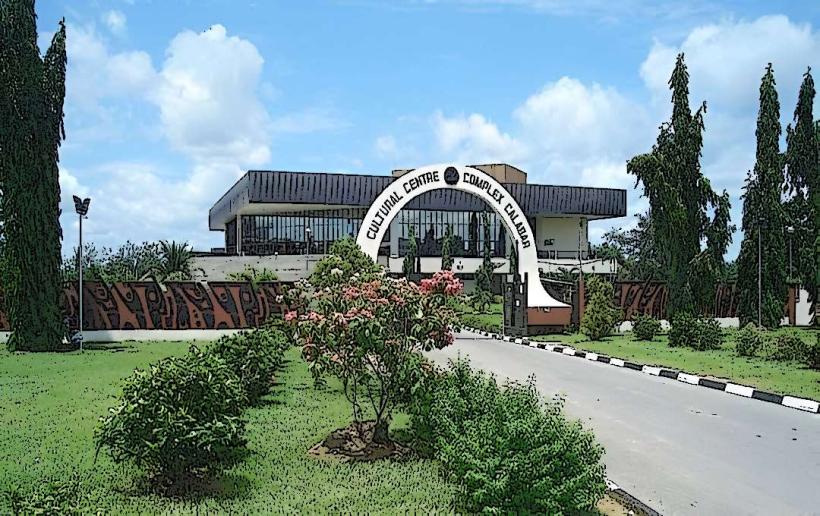Information
Landmark: Calabar CarnivalCity: Calabar
Country: Nigeria
Continent: Africa
Calabar Carnival, Calabar, Nigeria, Africa
The Calabar Carnival is an annual cultural celebration held in Calabar, the capital of Cross River State, Nigeria. It is considered Africa's biggest street party and has grown into one of the most significant cultural events on the continent.
History and Origins:
The carnival was inaugurated in 2004 by then-Governor Donald Duke. It was part of a strategy to promote tourism in Cross River State and position Calabar as a global tourist destination.
Though the carnival as we know it today was revitalized in the early 2000s, its origins date back to pre-independence Nigeria, with the festival having been paused during the Nigerian Civil War (1966-1970).
The event was officially revitalized in the 2000s to offer both locals and international participants a vibrant celebration of Nigeria’s cultural heritage.
Key Features and Activities:
Street Parade:
The highlight of the carnival is the street parade, a colorful procession showcasing elaborate floats, costumes, and dazzling performances. It is often considered one of the largest and most exciting parades in Africa, with musicians, dancers, and performers from across Nigeria and around the world taking part.
Battle of the Bands:
Various musical bands such as Passion 4, Masta Blasta, and Freedom compete in the Battle of the Bands, an exciting contest where each band presents its performance based on a particular theme. These performances are a big part of the carnival's energy and vibrancy.
Cultural Events:
The carnival features various cultural events, such as traditional dances, music performances, fashion shows, and the Miss Africa beauty pageant. It also includes activities like boat regattas and essay writing competitions to promote literacy and engage the youth.
Beauty Pageants:
One of the most popular segments of the carnival is the Queen of Africa or Miss Africa contest, where contestants from across the continent compete for the crown. The pageant serves as a platform to showcase the beauty, talent, and cultural diversity of African women.
Specialized Competitions:
Besides the music and cultural performances, the carnival also includes competitions in areas such as choir singing, where local groups come together to perform and compete.
Recent Developments:
2022 Edition:
After a two-year hiatus due to the COVID-19 pandemic, the 2022 carnival returned with the theme "Agro-Industrialization." The event spanned 32 days, including various activities such as boat regattas, the Queen of Humanity beauty contest, and competitions in choir singing. The focus on agriculture as a theme was designed to celebrate the potential of agro-business in Nigeria.
2023 Edition:
The 2023 carnival carried the theme "Season of Sweetness" and marked the first edition under the administration of Governor Bassey Otu. This edition continued to showcase the rich culture and tourism potential of Cross River State and attracted both local and international tourists.
2024 Edition:
The carnival’s theme for 2024 was "Our Shared Prosperity," which emphasized unity and collective growth. The event continued its tradition of holding diverse cultural activities such as boat regattas, fashion shows, and the Queen of Humanity contest.
Impact and Significance:
The Calabar Carnival has become a key driver of tourism, significantly boosting the economy of Cross River State and attracting international visitors. It has earned global recognition as a major event in Africa.
It fosters cultural exchange and national unity by showcasing Nigeria’s diverse cultural heritage through music, dance, and performances.
The carnival also provides a platform for local talent and serves as an economic boost to the state, benefiting hotels, restaurants, and vendors in the region.
Conclusion:
The Calabar Carnival is a symbol of Nigeria’s rich culture and vibrant tourism scene. It continues to grow in popularity, with its diverse mix of performances, cultural displays, and competitions attracting thousands of visitors from across the world each December.






